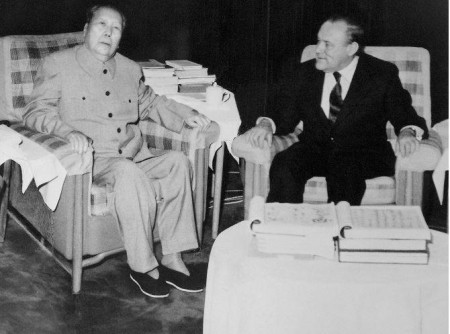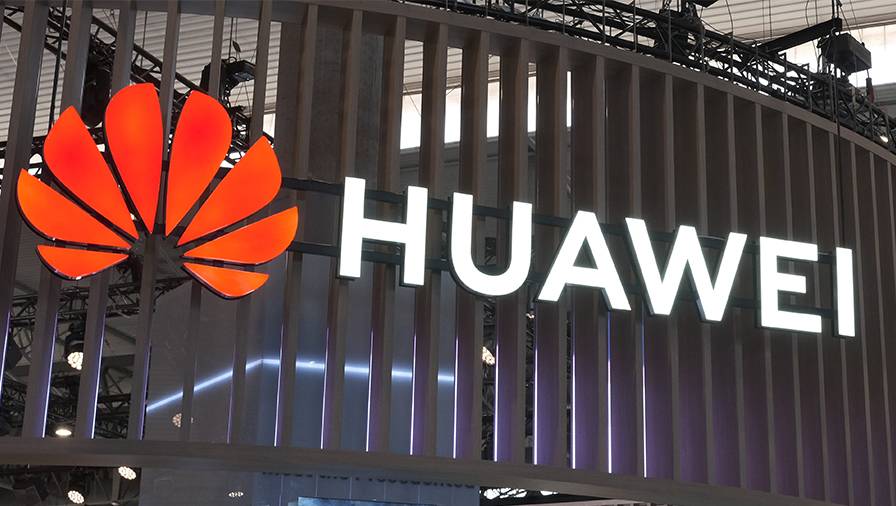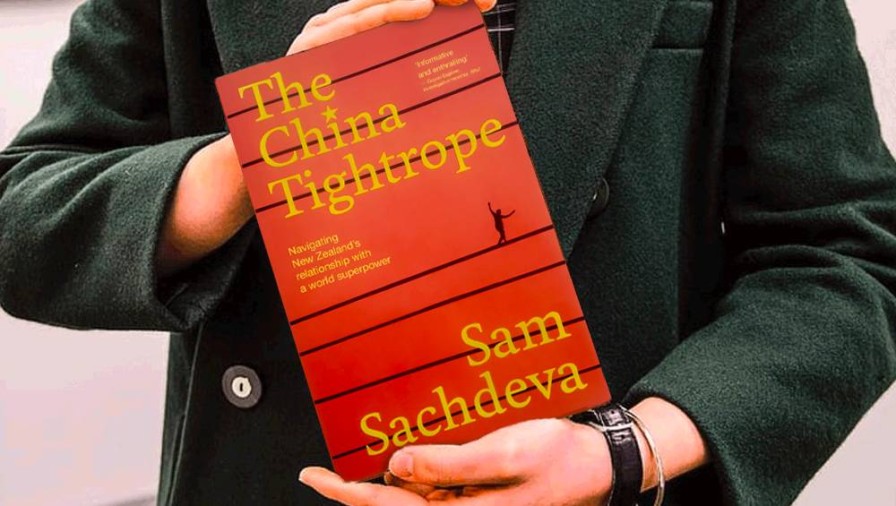Noose or lifeline? China’s role in New Zealand
ANALYSIS: Experts debate past, present and future relationship with a global superpower.
NBR columnist Nevil Gibson speaks with Calida Stuart-Menteath.
ANALYSIS: Experts debate past, present and future relationship with a global superpower.
NBR columnist Nevil Gibson speaks with Calida Stuart-Menteath.
Just five years ago, Chinese leader Xi Jinping said: “The torments of hunger, lack of food and clothing, and the hardships which have plagued our people for thousands of years have generally gone and won’t come back.”
The transformation has been dramatic, moving several hundred million people into the middle class thanks to reform-and-opening policies that were generously assisted by Western economies and consumers welcoming cheap Chinese-made goods.
But that generosity was not repaid. Instead of heading down the path toward being a valued member of the world community, as his predecessors did in the post-Mao period, Xi veered to a Maoist revival under the absolutist Chinese Communist Party (CCP).
He removed his rivals through purges dressed up as anti-corruption drives. He did not allow the emergence of a civil society, either. Even the businesses that helped the Chinese economy soar to new heights were put under the party’s thumb.
Xi's aim to establish China as a global power is one pitted against the Western democracies and he has all but renewed the Cold War. It’s a development that has widely disappointed, if not deceived, the many New Zealanders who embarked on lifelong study of Chinese language and culture.

Sam Sachdeva.
Their disillusionment imbued most pages of the anthology Encountering China, recently published by Massey University Press, and edited by two of the country’s leading sinologists.
One of them, Duncan Campbell, figures largely in a new look at Sino-New Zealand relations, The China Tightrope, by Newsroom national affairs editor Sam Sachdeva.
So does Jason Young, of the New Zealand Contemporary China Research Centre, which was the key mover in compiling Encountering China.
I titled my review, ‘From buddy to bully’ and no-one interviewed by Sachdeva, apart from a few exceptions, would disagree. Some 36 politicians, academics, and members of the Chinese community gave their views on the record, but an unknown number opted to remain anonymous.
It’s not surprising that the latter are the most trenchant critics, while the others’ opinions would be familiar to anyone who follows Sino-New Zealand affairs. This limits the book’s value in providing new insights or scholarship. The 32 pages of source notes are mostly from the public record and little use is made of the copious scholarship available in print here and overseas. There is no index or bibliography.
Only four interviewees could be considered ‘overseas experts’ – a former US diplomat, two Australian researcher/analysts, and an expat Kiwi who was a bureau chief in China for the Financial Times.
This is not to dismiss Sachdeva’s achievement in casting his net over the past 50 years since New Zealand’s newly elected Labour government (and Australia’s) rushed in 1972 to recognise the Communist Party-run People’s Republic of China as the sole legitimate successor to Chiang Kai-shek’s Nationalist regime.

Sir Robert Muldoon meets Mao Zedong in 1976.
This had nothing to do with New Zealand’s economic interests and everything to do with political ideology. Ironically, it was the successive National government that did more to advance the relationship while in power, with Sir Robert Muldoon in 1976 being the first prime minister to visit China. And it was a National Party dominion councillor, Vic Percival, who was the most ardent champion of promoting trade with China.
Not much of importance occurred between New Zealand and China until the election of another Labour government in 1999, two years after the handover of Hong Kong, which was a highpoint of China’s positive standing in the West.
Labour’s fixation with China was reflected in support for a fully state-controlled economy to be worthy of World Trade Organisation membership. The reward came in the 2008 signing of a free trade agreement, another first for an open Western economy.
But hidden from plain sight was the real nature of the CCP’s deep-seated addiction to control since it seized power in 1949. It is a history of broken promises outlined in Mao’s 1940‘new democracy’ manifesto, and most clearly exposed in the latest of Frank Dikötter’s trilogy on China under communism.
The snuffing out of Hong Kong’s autonomy and limited freedoms, in a blatant breach of a treaty with the UK, was another example of a long, determined, and duplicitous strategy that failed to alert the West to China’s ultimate goals.
Ford Hart, the former US diplomat mentioned above, puts it this way: “There’s no happy ending for Hong Kong … You can’t agitate against Communist Party rule, you can’t criticise [them], you can’t do anything that makes them politically nervous, and the definition of what makes them politically nervous has exploded in the last 10 years.”
Fortunately for Sachdeva, any positive illusions no longer held true in 2020 and his account starts with the resignation in of two Chinese-born MPs, Labour’s Raymond Huo and National’s Jian Yang, for homeland connections to the People’s Liberation Army.
From there, Sachdeva’s dives into a litany of Chinese infiltration, bribery, and corruption in New Zealand politics and business; the role of the pro-China Chao San Association; campus intimidation of Chinese-born students and those supporting freedom in Hong Kong and Taiwan; the influence of Confucian Institutes in universities heavily dependent on overseas fee-payers; and pro-communist propaganda in the local Chinese-language media.

Huawei was banned from a role in New Zealand’s 5G network.
While Sachdeva is light on the experiences of New Zealand businesses in China, both positive and negative, he devotes a chapter to the role of Huawei in China’s digital ‘silk road’ ambitions and its ban from a role in 5G installations.
He also mentions the theft of kiwifruit intellectual property, the random export shipment bans, Fonterra’s San Lu fiasco, Milburn’s ill-fated cement project, and the Oravida scandal. Other examples, such as Lion and Affco, are not mentioned, and no doubt many more remain under the radar for obvious reasons.
Sachdeva’s base in the parliamentary press gallery reveals some enlightening material from MPs who have challenged China’s view of the world. They include former cabinet minister Peter Dunne, who became a champion for Taiwan; and Labour’s former MP Louisa Wall and National’s Simon O’Connor, who stood up for minority and human rights involving the Uyghurs and Tibetans.
Uyghurs living in New Zealand provide telling evidence of their oppression, brainwashing, and the use of high-tech surveillance. One interviewee living here tells how she hasn’t heard from her brother in the years since his arrest. This is brave journalism, as is the work of Christchurch academic Anne-Marie Brady, who is dismissed by some quoted in the book (and refused to be interviewed). She is not alone, at least internationally, to those who know of Professor Clive Hamilton in Australia or Ron Asher’s locally published In the Jaws of the Dragon.
As Sachdeva moves toward his examination of relations in the light of geopolitical tensions since the Russian invasion of Ukraine, with tacit approval from China, his interviewees are more circumspect, given the size of New Zealand’s economic stake.
But this is insignificant in comparison with China’s over-arching goals of its Belt and Road initiative, its claims to sovereignty in the South China Seas and Taiwan, its veto power on the UN Security Council, and cash diplomacy among Pacific Islands countries.
Sachdeva lists several ‘soft power’ solutions to help steady what he sees as a tightrope strategy that keeps New Zealand out of a strengthened military response. As befitting his employment by a news website that has public funding, these require greater government involvement and spending: a state-sponsored media platform to provide Chinese New Zealanders with unbiased news; support for trade diversification to lessen dependence on China; restrictions on foreign investment by CCP-linked entities; greater scrutiny and funding of universities providing education in Chinese; laws to prevent political donations and lobbying by foreign interests; and a ‘rights protection framework’ that guarantees freedom for all New Zealanders.
This is a tall order and could be widely supported. But it needs more openness and involvement among the Chinese community, who are the primary target for CCP-sponsored activity. Reading this book would be a great start.

The China Tightrope: Navigating New Zealand’s relationship with a world superpower, by Sam Sachdeva (Allen & Unwin). Publisher's note: Due to delivery delays, this book is now not available until May 30.
Nevil Gibson is a former editor at large for NBR. He has contributed film and book reviews to various publications.
This is supplied content and not paid for by NBR.